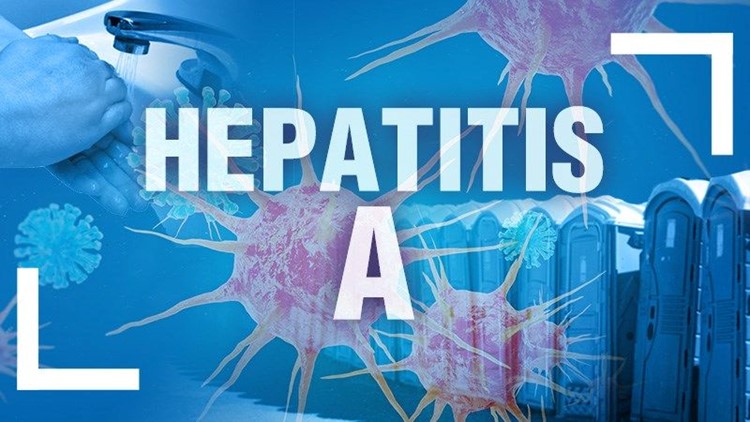SAN DIEGO (CNS) - The Board of Supervisors on Monday extended a state of emergency stemming from the year-old hepatitis A outbreak in San Diego County amid signs that the rate of new infections is slowing.
The latest report by county health officials puts the number of cases linked to the outbreak at 561. That's 15 more cases than the report issued on Nov. 14.
No additional deaths have been reported over the last month. Of those sickened by the disease, which attacks the liver, 20 have died in the last year.
The highest number of cases reported in any given week came in the first week of September, said Dr. Eric McDonald, the county's deputy public health officer.
"Today's report shows an overall downward trend in the number of cases over the last 11 weeks," he said. "We are going in the right direction."
But county officials stressed the importance of continuing prevention and educational efforts.
The county and city governments have taken several steps to address the outbreak, including the spraying of a sanitizing formula on streets and sidewalks, the placement of portable hand-washing stations and restrooms in areas where the homeless congregate, and a stepped-up immunization campaign.
The county has provided 105,482 vaccines as of Monday.
"We want to ensure the outbreak does not extend into other communities," said Dr. Wilma Wooten, the county's public health officer.
Men who have sex with men are among the groups that are at a higher risk of contracting the disease.
The county has held four vaccination clinics at an LGBT center and has four mobile clinics scheduled next month in Hillcrest, Wooten said.
Hepatitis A is usually transmitted by touching objects or eating food that someone with the virus has handled or by having sex with an infected person. The disease doesn't always result in symptoms, but can cause fever, fatigue, nausea, loss of appetite, yellowing of the eyes, stomach pain, vomiting, dark urine, pale stools and diarrhea, according to the HHSA.
Board of Supervisors extends hepatitis A state of emergency
The Board of Supervisors is scheduled to hold a special meeting Monday to extend a state of emergency over a deadly outbreak of hepatitis A in San Diego County amid signs that the rate of new infec...



